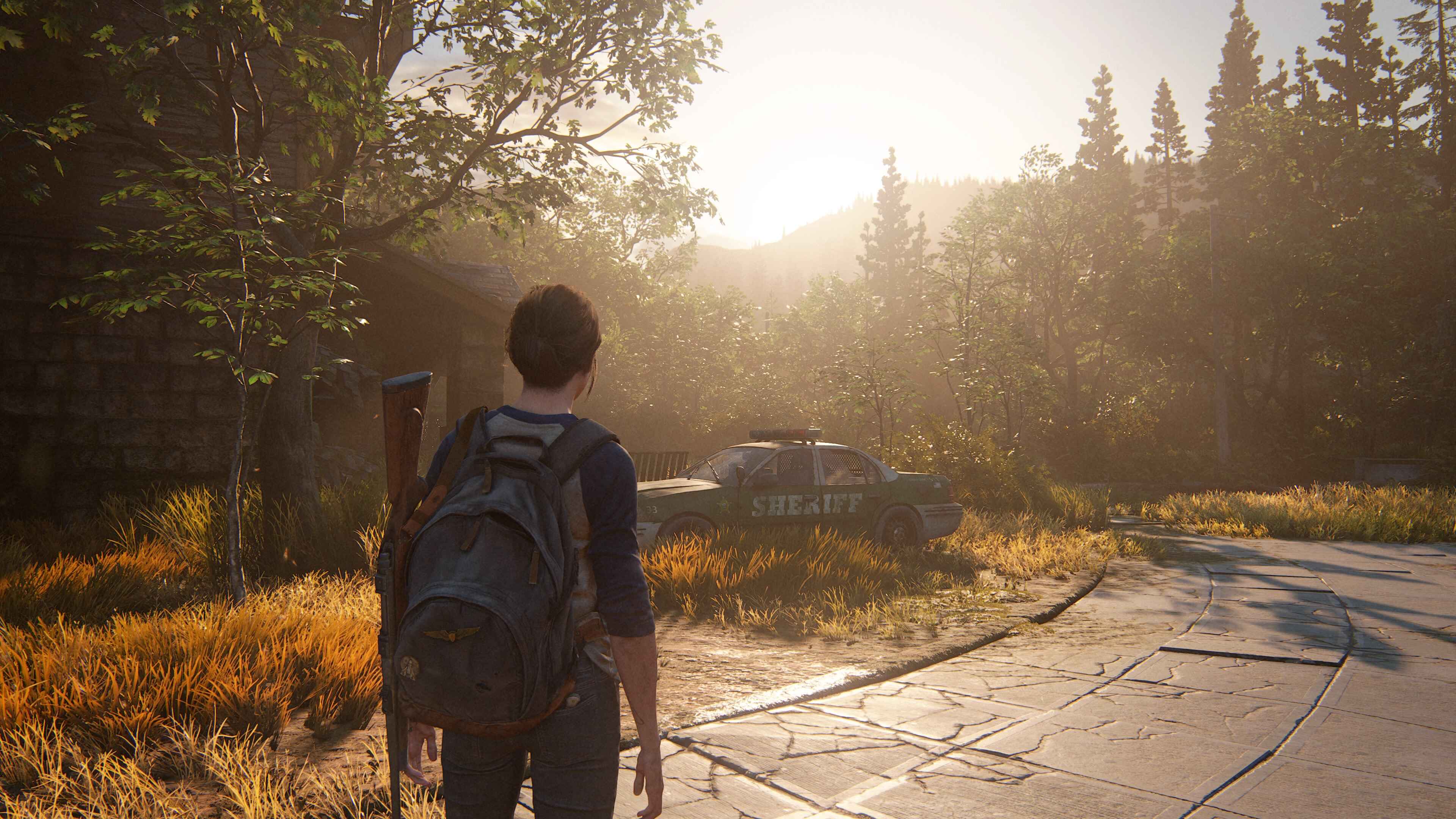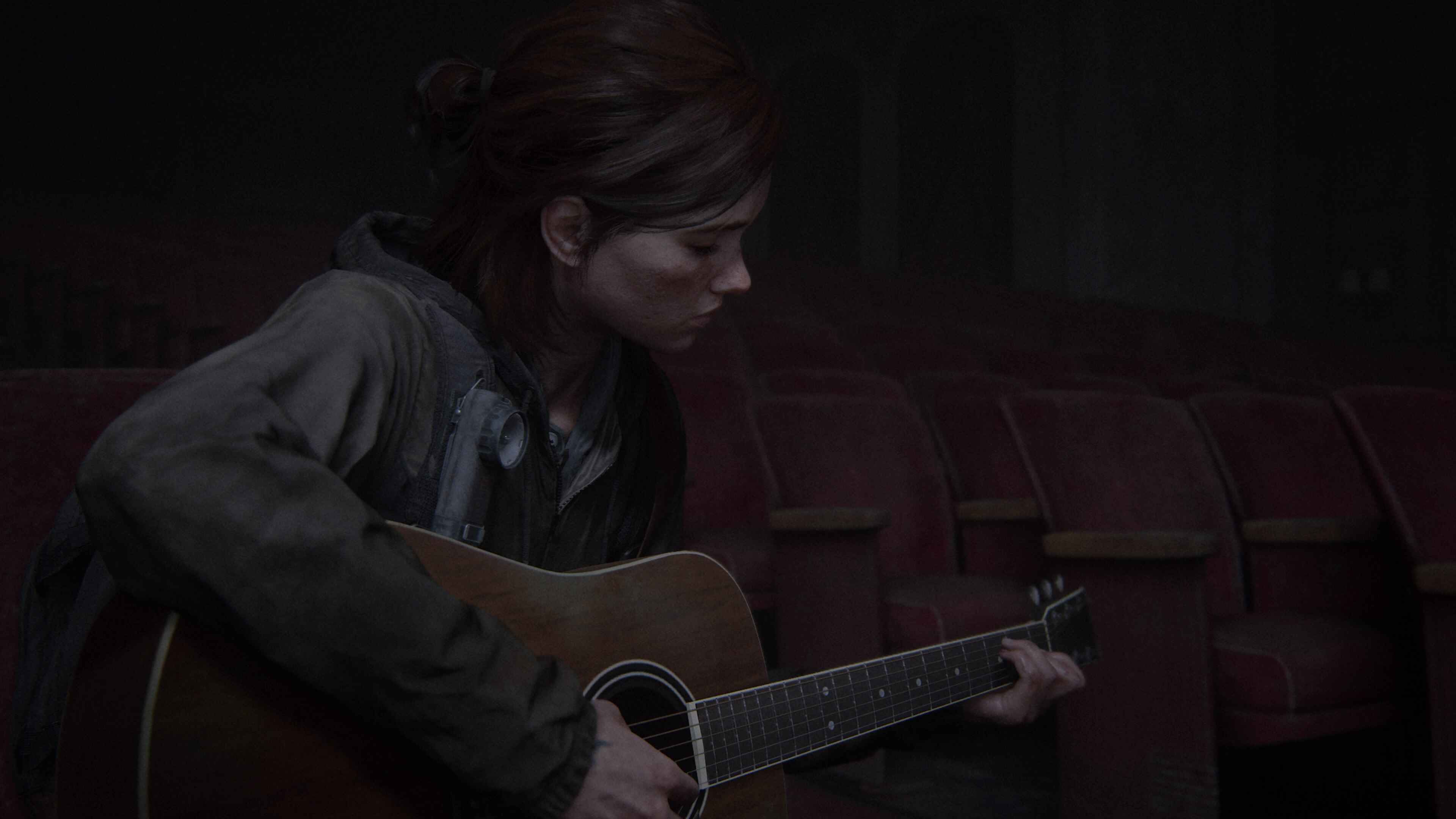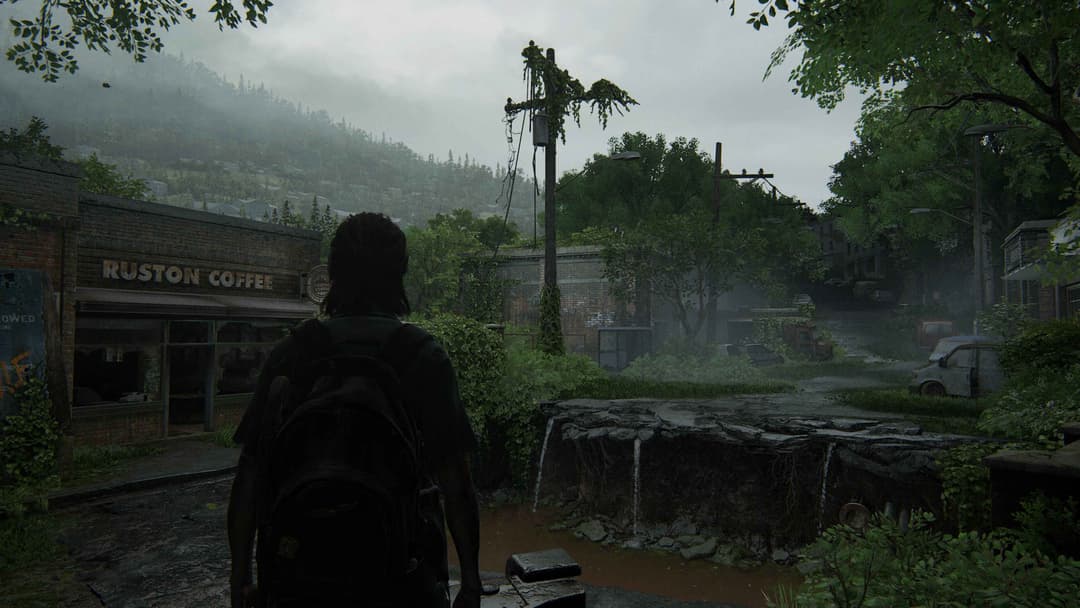The Last of Us Part II is a bold and mature sequel that doesn't hold anything back for the sake of its fans. In the original The Last of Us, an incredible game and story in just about every way, players are given the perspective of Joel and Ellie throughout their grueling trip from Boston to Salt Lake City in order to deliver Ellie to a Firefly base and hospital. In this sense, anybody would root for them to complete their mission and contribute to the possibility of a vaccination against the virus that plagues society and humanity. Ellie and Joel do have to make some difficult decisions in this process, and they are required to make sacrifices. Joel has nothing to lose, and when he finds himself developing a bond with Ellie, there are no lengths he won't go to protect her (seriously - NO lengths). What makes the second official entry in the The Last of Us saga so challenging to stomach is that it introduces an opposing perspective that is every-bit as valid as Joel and Ellie's.
After playing the first few hours of the game, I recognized that it was a masterpiece, but I also knew that it would be brutal story to endure. After settling into this reality, I felt the same way I did about halfway through the first season of Attack on Titan: sort-of depressed. It's a cruel world and everyone has their reasons. I'm not saying that this justifies some awful actions that people enact, but what The Last of Us Part II hammers in, good and deep, is that everyone matters to someone, and that hurt people hurt people. What better setting is there for spelling out vengeance and personal justice than in a world ravaged by death, loss, and the two sides of the coin that are tribalism and anarchy.

note: Some story spoilers follow
Between a Rock and a Hard Place
You don't choose the cards you are dealt in life… Some people are born into this life with a clear purpose, while others have to fight to find what it is that they are meant for. The Last of Us' Ellie is born into a messy, post-apocalyptic world with a great fortune: a miraculous immunity that may be one-of-a-kind. In the first game, Ellie knows her purpose: to get to the fireflies in Salt Lake City and try to provide any help she can to contribute towards the prospect of a life-saving vaccine. Moving into to the second game, Ellie's purpose is more-or-less taken from her, and she, Joel, and consequently the rest of the world, has to live with that reality. This premise offers a rich and visceral backdrop for Naughty Dog to craft its trademark gripping and authentic storytelling. In Part II, Ellie said that she wishes she would have died to help produce a vaccine, while Joel says that “if somehow the Lord gave [him] a second chance at that moment... [he] would do it all over again. Imagine how they both feel; there is simultaneously a great bond and rift between the two of them.
The Pacific North-West: A Perfect Place for an Apocalypse

The Last of Us Part 2 looks, sounds, and feels great, especially playing on the PS5 with headphones. Seattle is a perfect city to be overgrown and crawling with both zombies and a survivor faction that isn't exactly welcoming to Ellie or her accomplices. Some environmental puzzles present themselves, and there are great enemy encounters that involve a healthy concoction of stealth, gunplay, and running for dear life. My personal favorite part of these semi-open areas are the collectibles that are tucked away generously (great for stumbling upon something interesting, kryptonite for the perfectionist trophy hunter!). Finding the codes to open safes containing new weapons or magazines that unlocked new branches of the skill tree were one of my favorite things to do in the slower sections of The Last of Us Part II. Navigating through the high-stakes interiors of abandoned buildings always had me on the edge of my seat. Crouching into a dilapidated doorframe always had me clenching my controller, anxious if I would find a relic inside, (like a personal account of a tragic loss) or a zombie horde!
In tandem with its gripping narrative, the gameplay seamlessly intertwines, ensuring a consistently engaging experience that complements the overarching story. Exploring the post-apocalyptic world proves to be a delight, further enhancing the immersive journey The Last of Us Part II offers. (Strangely, I am intrigued at the idea of living in Seattle.. coffee shops, punk music, beautiful greenery, the ocean… Is it just me or does it somehow seem almost prettier in the aftermath of an apocalypse??)
Guided by Love, Driven by Hatred
Over the years, Ellie was looked out for by Joel, taken in by characters like Marlene, and Tommy and Maria, and had great friends like Riley, Dina, Jesse, and even Lev and Yara. Though she lives in a tough world, and has experienced several traumatizing encounters, she has been lucky to have good people in her life; a critical aspect to living a fulfilling life. This ultimately makes all the difference in Ellie's journey (and in Abby's). Her integrity allows her to work hard towards obtaining closure and to minimize the enormous hate that she felt in her heart. She struggled massively and lost much, but the final sequences of her story in Part II indicates growth; a growth that may not have been possible without the positive influences that she had surrounding her through so much pain and confusion.

